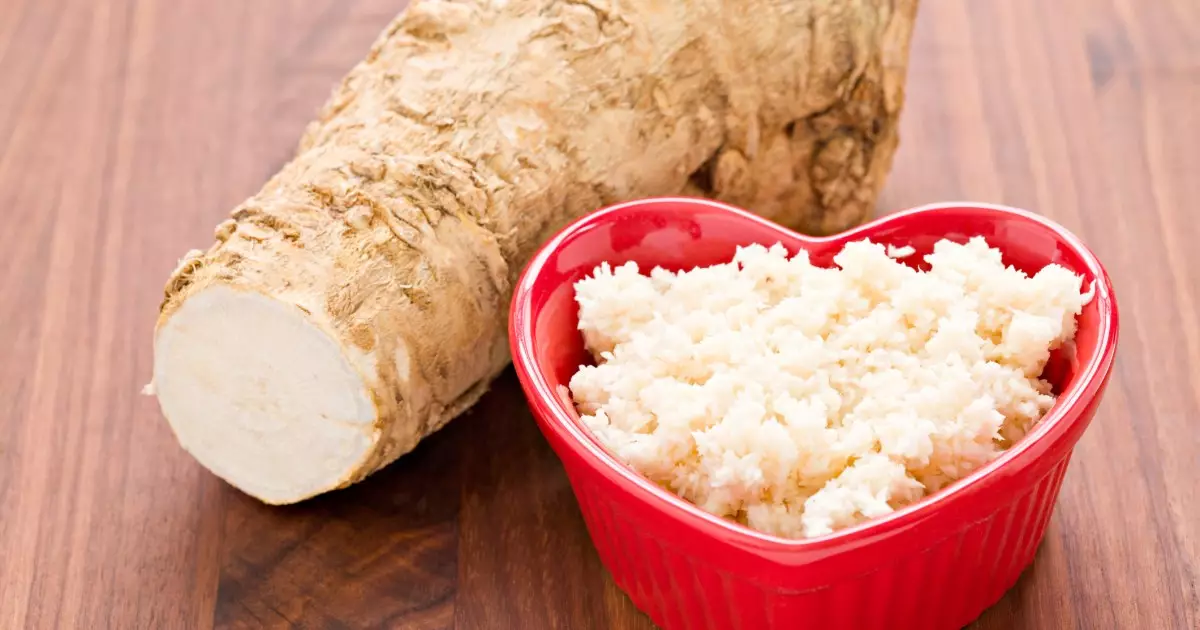As pet owners, we often find ourselves sharing our culinary delights with our four-legged companions, hoping to include them in our gastronomic experiences. However, this can sometimes lead to unintended consequences. One such example is horseradish—a pungent root vegetable that may tantalize our taste buds but poses significant risks to our canine companions. While it’s a staple in many human diets, the question remains: can dogs safely consume horseradish? The unequivocal answer is no.
The root’s intense flavor profile, reminiscent of wasabi, can leave dogs experiencing discomfort that far outweighs any potential benefits. As curious creatures, dogs may inadvertently sample horseradish on a whim, but they are ill-equipped to handle the irritants present in this spicy vegetable. The result can be painful, with symptoms including oral and throat irritation, as well as gastrointestinal distress.
The Painful Reality
When dogs consume horseradish, they often suffer from a burning sensation that can lead to distressing behaviors. The irritation doesn’t stop at the mouth; it extends throughout the digestive tract, potentially affecting the throat, esophagus, and intestinal lining. Vomiting and diarrhea are common responses, forcing our pets to face discomfort that is easily avoidable. This distressing situation emphasizes the need for vigilance when it comes to what we share with our dogs.
It’s critical to note that while humans may rely on horseradish for its flavor and purported health benefits, those advantages don’t translate to the canine population. Dogs have different digestive systems and nutritional requirements—a fact that cannot be overstated. Instead of risking their well-being for a taste that belongs to us, there are numerous safe alternatives available.
Healthier Snack Options for Dogs
If you want to treat your dog to a root vegetable, consider gentler options that provide nutritional benefits without the fiery consequences of horseradish. Jicama, for example, is a crunchy delight with a sweet flavor, and both ginger and Jerusalem artichokes are known for their health benefits and are safe for dogs. These alternatives support digestion and overall well-being without the painful aftermath associated with horseradish.
For dog owners who are concerned that their pup might have consumed horseradish, the best course of action is to monitor their condition closely. While most dogs will recover from a small accidental taste without major issues, it is essential to look for signs of severe reactions, like difficulty breathing or skin rashes. In such cases, immediate veterinary intervention is necessary.
In the quest for conscious consumption, we must remember that not all foods are created equal—especially for our pets. The temptations of sharing horseradish or other spicy foods may be tantalizing, but our dogs’ health should always take precedence. Therefore, it is crucial to educate ourselves on the foods that are harmful to our furry friends and seek healthier, safe alternatives. The happiness and well-being of our pets depend on the choices we make as responsible pet owners.

